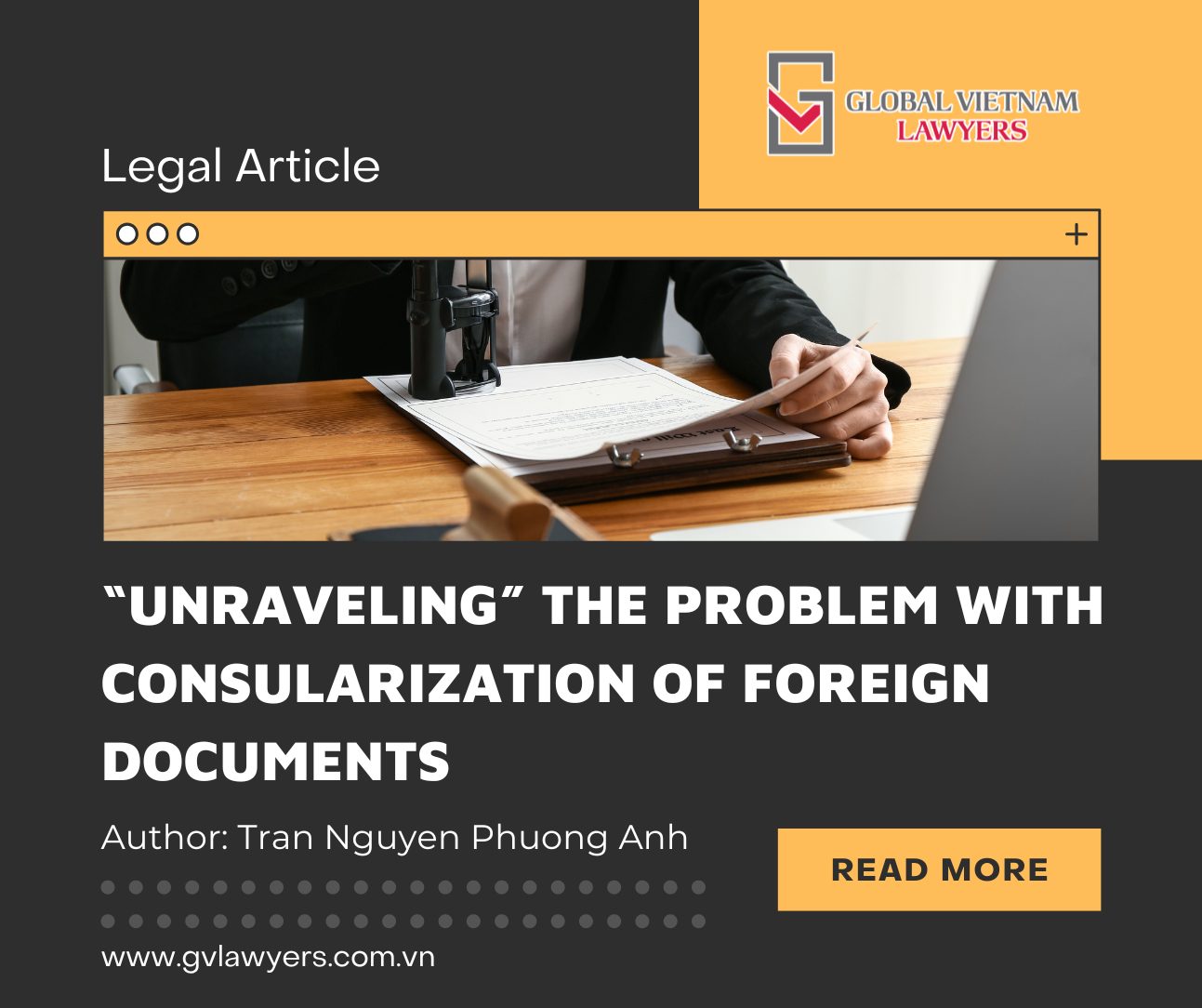GV Lawyers would like to introduce you an article of Mr. Luong Van Ly with the title “Legal inquiry into acts of “cancelling” rice reserve contracts” published in the column Legal Perspectives – Saigon Times Online dated April 22, 2020.
***
(Saigon Times Online) – As one of the key commodities domestically consumed and exported to the world market, the rice commodity has recently faced a series of market fluctuations under the influence of Covid-19. The toughest obstacle occurred when the rice industry encountered two unexpected events, namely the export of rice having troubles with customs clearance and the cancellation of contracts in bidding to provide rice for domestic reserves.
Following the events related to rice export, the rice industry faced another difficulty where a series of companies cancelled the signing of contracts to sell rice to the General Department of State Reserves (GDSR).
This act affected the total rice reserve significantly, prompting the GDSR to plan for re-bidding.
There were opinions that enterprises registered to export rice rather than signing the contracts to supply rice for the national reserve as awarded because they had put main focus on profit, causing insecurity in food supplies. These enterprises should be restricted from export as a strict penalty for the breach of bidding agreement.
IS THIS STATEMENT LEGALLY APPROPRIATE?
Violations and remedies
Whether refusing to sign contracts is a violation or not. According to Article 65 of the 2013 Bidding Law, people wishing to procure goods and winning bidders “must sign contracts to carry out the bidding packages”. Thus, it is an obligation under the bidding law.
In addition, Circular No. 05/2015/TT-BKHDT of June 16, 2015 of the Ministry of Planning and Investment details the preparation of invitation-to-bid dossiers for goods procurement (referred to as “Circular 05/2015”), this regulation is concretized by a fairly detailed contract form any bid solicitor must include in the invitation-to-bid dossiers sent to all bidders.
All citizens are obliged to obey the law and any violation must be remedied. According to the press, rice enterprises that refused to sign contracts would only be penalized by losing the deposit as security for bidding, which is from 1% to 3% of the bidding package price under Article 19 of Decree No. 63/2014/ND-CP dated June 26, 2014 of the Government detailing the implementation of some articles of the bidding law on contractor selection (“Decree 63/2014”).
As a matter of law, it is actually not that simple. Decree No. 50/2016 dated June 1, 2016 of the Government stipulates the sanctions against administrative violations in the field of planning and investment (“Decree 05/2016”); Article 21.1 thereof provides for that “a fine of VND 10,000,000 to 15,000,000 will be imposed on the failure to conduct contract negotiation in contractor selection, preliminary contract negotiation in investor selection”.
The intention of the person who drafted Decree 63/2014 is clear: not signing a contract is a violation of law but the penalty thereon is only a fine of 1% to 3% of the bidding package price plus an administrative fine of VND10 to 15 million.
The question is “if the contractor is subjected to a more serious legal/financial liability, does the current law allow it?”
In principle, it is absolutely possible to take this violation out of the scope of Article 19 of Decree 63/2014 and put it back in the right place to which it should belong, as it is by nature a “violation of the bidding law” pursuant to Article 90 of the 2013 Bidding Law (on handling violations).
If Article 90 of the 2013 Bidding Law is applied and if it is impossible to conduct criminal prosecution or the ban from participation in bidding is not necessary for imposition on the refusal to sign contracts, at least the violating party should be held accountable for damage compensation. How to pay damages can be a matter for debate (this is a potential dispute as discussed below), but the obligation to pay damages by the violating party is also an opportunity to partly re-establish the balance of interest for both parties.
In addition, we should consider supplementing the provision on obligations in Article 65 of the 2013 Bidding Law. According to the aforesaid current regulation, in the invitation-to-bid dossiers, the main contents must be clearly stated and enclosed with the contract form (pursuant to Circular 05/2015).
However, the regulation on the contents of bidding documents, specifically the legal confirmation on participation in bidding (as required by the invitation-to-bid dossier) does not include provisions on contract and contract signing. Given the recent realities of the rice industry, the said regulation be considered to be added to Circular 05/2015.
Accordingly, this will be a commitment of the parties to sign contracts; the reasoning demonstrating the violation due to failure to sign contracts is also well grounded and clearer.

DISPUTE RESOLUTION
In case of any dispute, the subject of dispute cannot be the contract signing obligation or the loss of the bid security amount. In other words, only with the governing of Decree 63/2014 and its Article 19, there will be no potential dispute related to any failure to sign contracts.
Disputes only arise if Article 90 of the 2013 Bidding Law is applied, specifically related to the liability for damages (in this case, tort claims for damages). Particularly, the GDSR is the bid solicitor, who is also most likely to suffer damage, will sue to request the rice enterprises as winning bidders to compensate for the damage as a result of the failure to sign contracts.
Regarding the jurisdiction to resolve disputes, Article 93 of the 2013 Bidding Law stipulates “the settlement of disputes in bidding at the Court will comply with the law on civil procedure”. Article 26.6 of the 2015 Civil Procedure Code provides for disputes related to non-contractual compensation under the jurisdiction of the court.
On the other hand, Article 2 of the 2010 Commercial Arbitration Law stipulates that “disputes between the parties in which at least one party has commercial activities” are within the jurisdiction of arbitration. In this case, we have the one party (GDSR) as a state management agency and the other party as a rice enterprise that has commercial activities.
The aforesaid legal documents show that both the court and the arbitration have jurisdiction over these disputes.
The choice will be made by the parties in dispute. If there is a written agreement that the parties agree to bring the dispute to arbitration, the court will refuse to accept this dispute.
(*)Mr. Luong Van Ly, Senior advisor to Global Vietnam Lawyers
Arbitrator of Vietnam International Arbitration Center (VIAC)









